GRAPHSY 2021
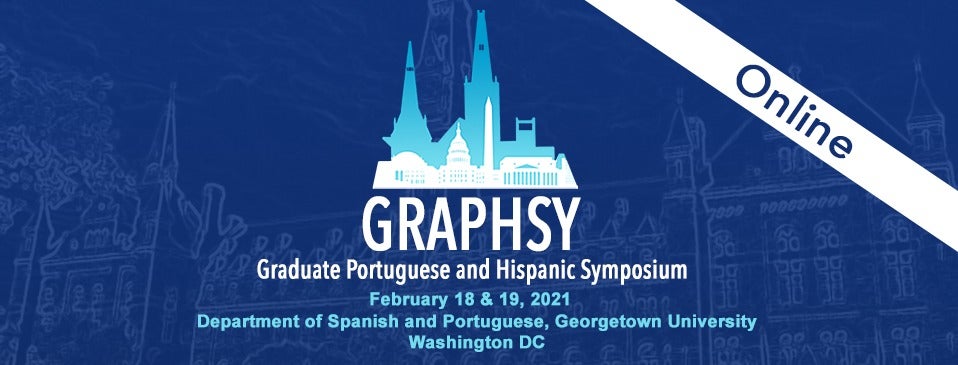
Event Information
13th Graduate Portuguese and Hispanic Symposium (GRAPHSY)
Academia: cuarentena y crisis/quarentena e crise
February 18 & 19, 2021
Contact: graphsy@georgetown.edu
No Fees
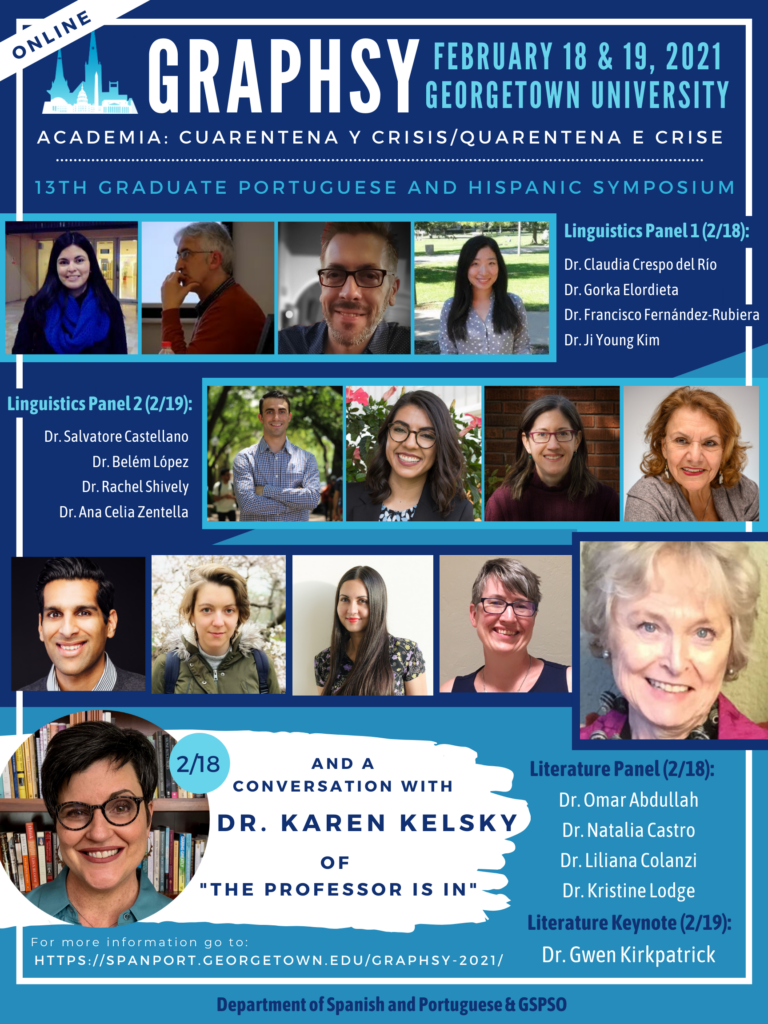
To check the event schedule, please click here.
If you are interested in attending a presentation or talk during GRAPHSY, please fill out this survey so the links can be sent to you!
Social media: Facebook, Instagram and Twitter
Theme:
This year’s conference welcomes proposals within the theme of Academia: cuarentena y crisis/quarentena e crise, encouraging the submission of a broad range of research in the fields of Linguistics, and Iberian and Latin American Literatures, and Cultures. GRAPHSY 2021 aims to shed light and discuss how the social and sanitary global crisis has impacted academia in aspects such as research, investigation, teaching, job market and its intersection with the community. The conference invites scholars and students to join forces to discuss and share alternatives and suggestions to overcome the 2020 crisis in the academic setting.
Submit an abstract here . The deadline for abstracts is January 11, 2021. You can find the call for abstracts here .
N.B. We also welcome experimental or creative works about COVID-19 and/or presentations loosely (or not) related to the current social and sanitary global crisis
Speakers
Linguistics Panelists
Thursday, February 18, 2021
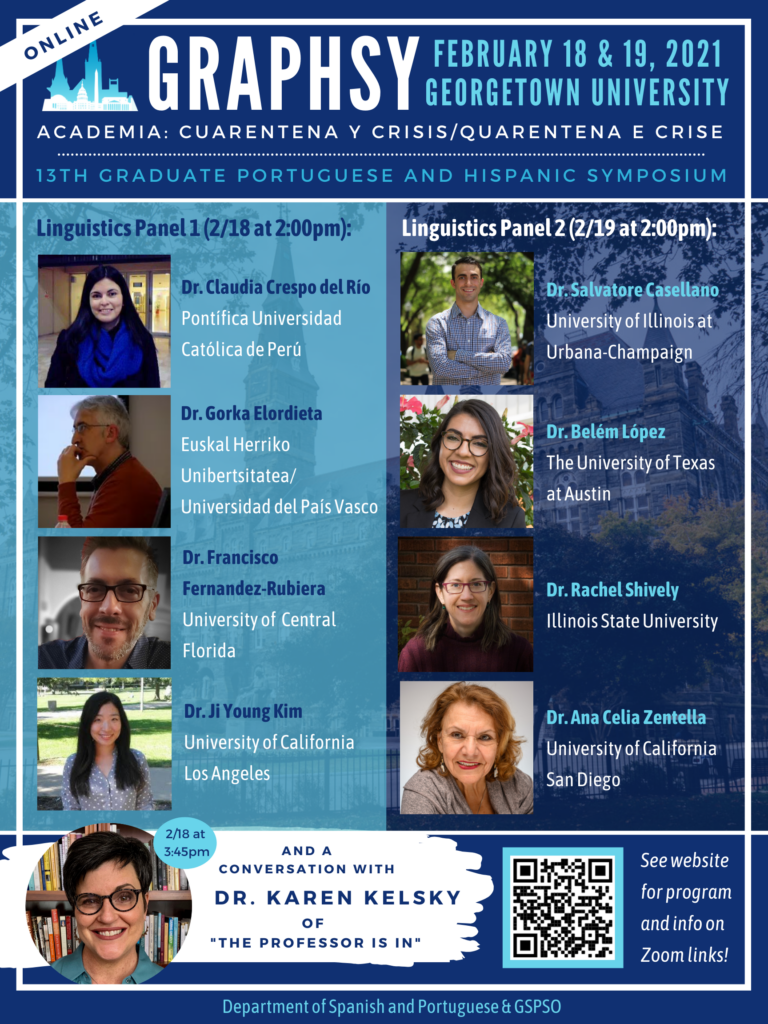
Dr. Claudia Crespo del Río (Pontificia Universidad Católica del Perú)
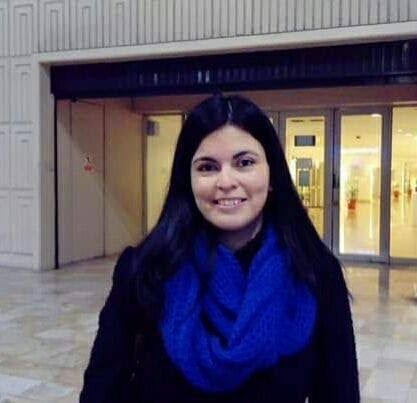
Claudia Crespo del Río is a faculty member of the Department of Humanities at the Pontificia Universidad Católica del Perú. She received her PhD in Spanish Linguistics from the University of Illinois, Urbana-Champaign. Her main areas of study are contact linguistics, sociolinguistics, and second language acquisition. Her current research focuses on how morphosyntactic features of Peruvian Spanish varieties are influenced by contact with Quechua and other Andean languages, and by dialect contact. She is also working on two discourse analysis projects: the representation of Venezuelan immigrants in Peru and the inclusive language ideologies of Peruvian teachers.
Dr. Gorka Elordieta (Euskal Herriko Unibertsitatea/Universidad del País Vasco)
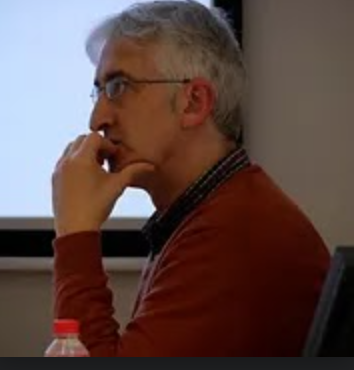
I received my PhD degree in Linguistics in 1997 from the University ofSouthern California (USC). After that, I was a postdoctoral researcher in the Department of Linguistics at the University of California, Los Angeles (UCLA). I am currently a tenured professor of Linguistics in the Department of Linguistics and Basque Studies at the University of the Basque Country, Spain, where I teach introductory courses in Linguistics at the undergraduate level and courses in phonetics and phonology at the graduate level. My area of specialization is phonology, more concretely prosody, intonation and the syntax-phonology interface. I am a theoretical linguist by training, but I couch my work in the framework or spirit of laboratory phonology. That is, I am interested in understanding about structural aspects of language based on experimental empirical evidence, gathering phonetic data from speakers of different languages and analyzing it qualitatively and quantitatively. Also, my most recent work on bilingual populations has led me to investigate the role of social aspects of language (language attitudes, degree of language contact, ethnolinguistic identity) in explaining the degree of variation in the performance of speakers. Since 2019 I am the Principal Investigator of the Basque Research Group in Theoretical Linguistics of the University of the Basque Country (HiTT in its acronym in Basque), classified as an A group by the Basque Government since 2007.
Dr. Francisco Fernández-Rubiera (University of Central Florida)

A native of Oviedo (Asturies, Spain), Francisco Fernández-Rubiera is Associate Professor of Spanish Linguistics at the University of Central Florida. After obtaining his PhD from Georgetown University in 2009, and before joining UCF’s Department of Modern Languages in Fall 2012, he spent two years teaching in the Department of English Studies at the University of Alicante (Spain).
His general areas of specialization are syntax, semantics and pragmatics (how word-order alternations in the sentence architecture affect the interpretive component and in what situations) in Spanish, Asturian, Portuguese and English. More specifically, he is interested in the status of clitics, the factors that interplay in their position at the sentence level, complementizer systems and Main Clause Phenomena.
More recently, he has begun exploring the syntactic and pragmatic factors that may be at play in the trigger for Main Clause Phenomena in both Germanic and Romance languages, and is a co-participant in the project “Traces of History”, a 1.1 million dollar project funded by the Norwegian Research Council. Details about the project here.
Dr. Ji Young Kim (University of California, Los Angeles)

Ji Young Kim is an Assistant Professor of Spanish Linguistics in the Department of Spanish and Portuguese at UCLA. She received her Ph.D. in Spanish Linguistics at the University of Illinois at Urbana-Champaign. Her research areas include: acquisition of Spanish as a heritage language, bilingualism, and Spanish phonetics and phonology. Professor Kim’s research focuses on how Spanish heritage speakers in the US perceive and produce the speech sounds in Spanish, when language shift to English is prominent across the generations. She is currently investigating the phonetic features of “heritage accent” in heritage speakers’ speech, which is often perceived by monolingual native speakers, but the source of which is very difficult to identify. Moreover, as there is a large variation among Spanish heritage speakers with regard to their identity as Latinos/as in the US and their attitudes toward learning Spanish, her goal is to explore the role of various extralinguistic factors in the development of heritage speakers’ phonological system.
Friday, February 19, 2021
Dr. Salvatore Callesano (University of Illinois at Urbana-Champaign)
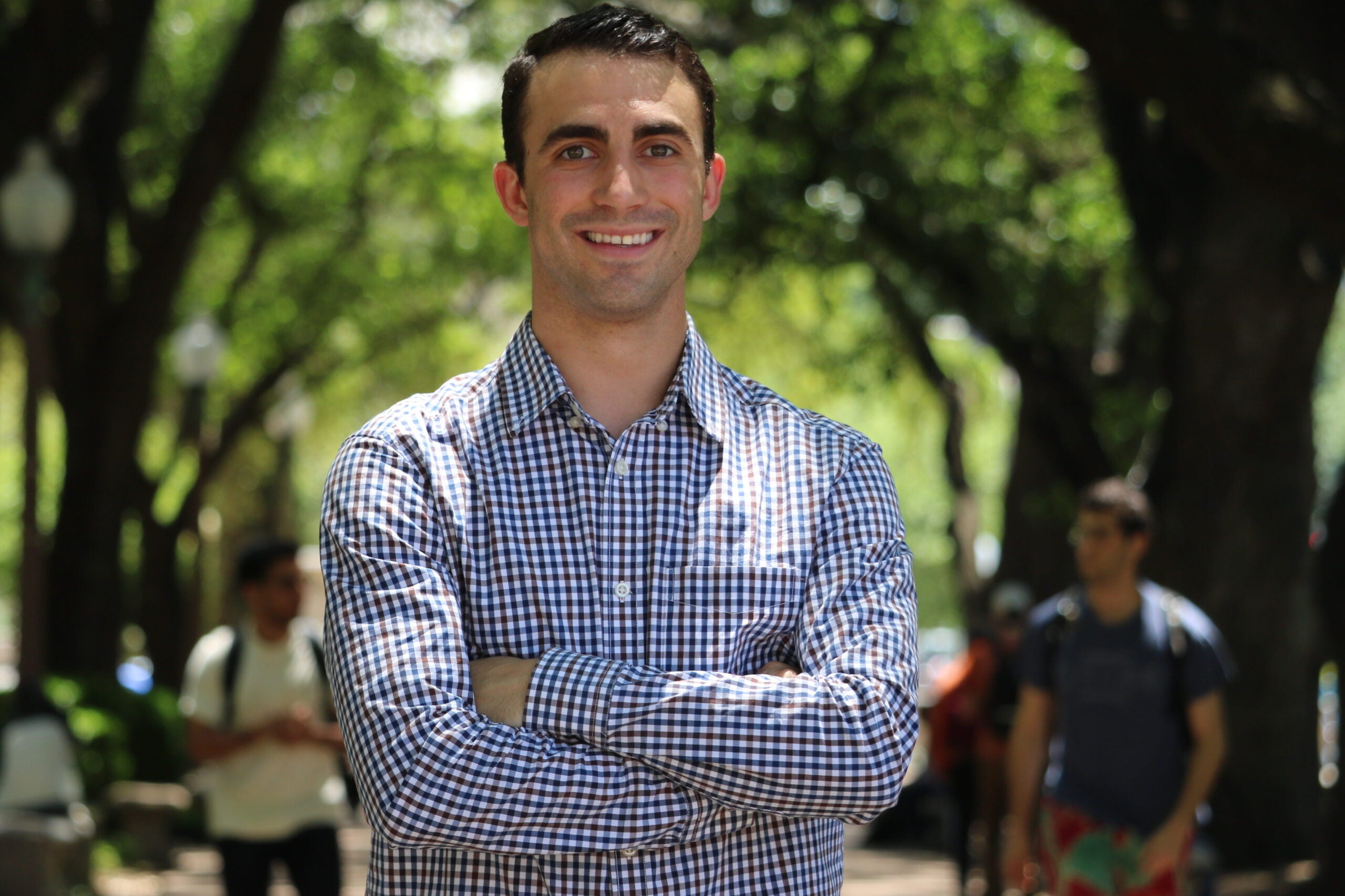
Dr. Salvatore Callesano is an Assistant Professor of Linguistics in the Department of Spanish and Portuguese at the University of Illinois at Urbana-Champaign. In May 2020, he completed his Ph.D. in the Department of Spanish and Portuguese at UT Austin as well as a Graduate Portfolio in the Department of Mexican American and Latina/o Studies. His research focuses on linguistic production and perception in U.S. Latinx communities. His work is interdisciplinary, connecting sociolinguistics, bilingualism, social psychology, and community identities. He has published research on the perceptual outcomes of Spanish dialect contact in journals such as Language and Communication and Latino Studies. His current research addresses how Spanish in the U.S. is represented on social media platforms and how communities in Miami uses such media productions to formulate their sociolinguistic identities. For example, Dr. Callesano uses mapping techniques to study how speakers in Miami associate linguistic features with specific neighborhoods, highlighting the importance of perception in speech communities.
Dr. Belem López (The University of Texas at Austin)

Dr. Belem G. López is an assistant professor in the Department of Mexican American and Latina/o Studies at The University of Texas at Austin, where she directs the LLAMA Psycholinguistic and Sociolinguistic Laboratory. She also holds courtesy appointments in the Departments of Spanish and Portuguese and Psychology and is a faculty affiliate in the Center of Mexican American Studies and the Latino Research Institute. She was a 2019-2020 Ford Foundation Postdoctoral Fellow. Her research program broadly focuses on how knowledge of two languages can shape cognition in terms of creativity, problem-solving, decision-making, and language access in Spanish-English bilingual Latinx populations and examines how early linguistic and cultural experiences (e.g., informal translation–language brokering) can affect cognitive, linguistic, and health outcomes..
Dr. Rachel Shively (Illinois State University)
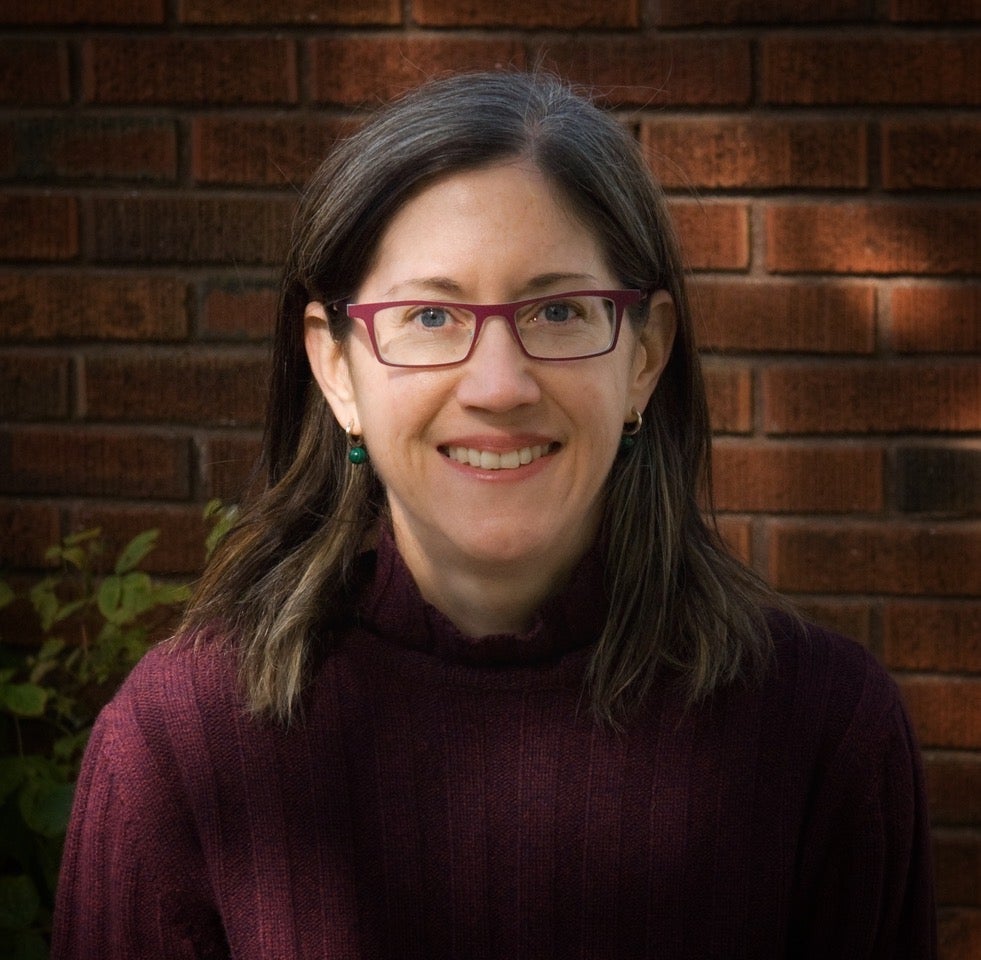
Rachel Shively (Ph.D., University of Minnesota) is an Associate Professor of Spanish and Applied Linguistics at Illinois State University. Shively’s research focuses on second language pragmatics, humor, and language and culture learning during study abroad. Her work has been published in journals such as Foreign Language Annals, System, and The Modern Language Journal and she recently published a monograph (2018; de Gruyter Mouton) concerning the development of second language humor during study abroad. In 2011, Shively was awarded the prestigious ACTFL-MLJ Pimsleur Award for Research in Foreign Language Education. She is currently working on a co-authored volume about teaching Spanish pragmatics (Routledge) and recently co-edited a book entitled New directions in second language pragmatics (forthcoming, 2021; de Gruyter Mouton).
Dr. Ana Celia Zentella (University of California San Diego)
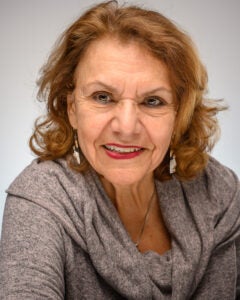
Ana Celia Zentella is one of the foremost researchers in what she has named “anthro-political linguistics”. Now Professor Emerita after teaching at Hunter College (CUNY/NYC) and UCSD, she is a central figure in the study of U.S. Latin@ varieties of Spanish and English, Spanglish, and language socialization in Latin@ families, and a respected critic of the linguistic profiling facilitated by English-only laws and anti- bilingual education legislation. Her book, Growing up Bilingual: Puerto Rican children in New York (Blackwell, 1997) won the Book Prize of the British Association of Applied Linguistics, and the Book Award of the Association of Latina and Latino Anthropologists of the American Anthropology Association. Her edited collection, Building on Strength: Language and Literacy in Latino Families and Communities (Columbia TC Press, 2005), is a popular text in the USA and Europe. Zentella has written two books with undergraduates, one at UCSD (Multilingual San Diego: Portraits of Language Loss and Revitalization, 2008, and the other at Swarthmore College (Multilingual Philadelphia: Portraits of Language and Social Change, 2010). A major sociolinguistic study, Spanish in New York: Language Contact, Dialectal Leveling, and Structural Continuity (Oxford University Press, 2011, was co-authored with Ricardo Otheguy.
Manhattan’s Borough President Ruth Messinger declared October 30, 1997 “Doctor Ana Celia Zentella Day” for “her leading role in building appreciation for language diversity and respect for language rights”. The Society for Linguistic Anthropology honored her with its Public Outreach & Community Service award in 2016. In 2014, she was named Public Intellectual of the Year by the Latino Studies section/LASA.
Literature Panelists
Thursday, February 18, 2021
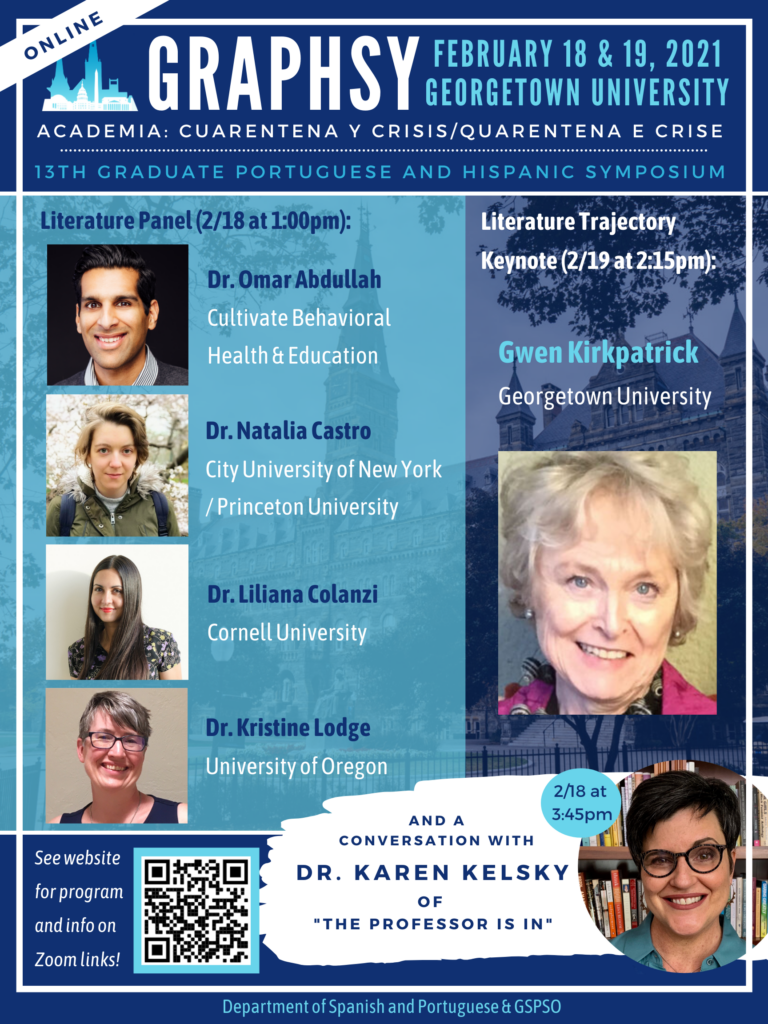
Dr. Omar Abdullah (Cultivate Behavioral Health & Education)

Omar Abdullah is an interdisciplinary scholar, comedian, marketing professional, and a media producer. As VP of Marketing & Outreach at Cultivate Behavioral Health & Education, Omar helps raise awareness regarding ABA therapy and solidifying relationships with various care providers in the community. Prior to joining Cultivate, he was an interdisciplinary scholar and a communication consultant. He has taught college courses at UC Davis and Texas A&M, along with speaking at conferences and facilitating workshops at Trinity University and SXSW. He has a bachelors in Communication from Saint Mary’s College and he earned his Ph.D. in Cultural Studies from the University of California, Davis. Additionally, Omar is a former stand-up and sketch comedian performing in venues all across the San Francisco Bay Area.
Dr. Natalia Castro (City University of New York / Princeton University)
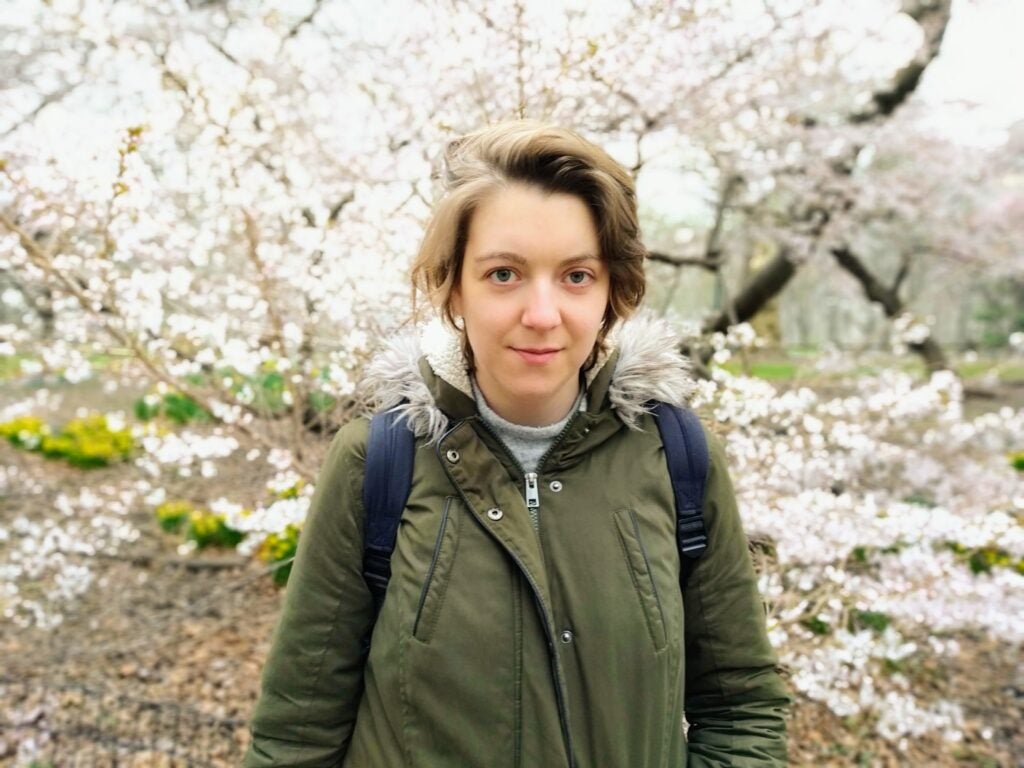
Natalia Castro Picón is an assistant professor of Peninsular Culture and Literature in the Department of Spanish and Portuguese at Princeton University. She received her Ph.D. from The Graduate Center (CUNY) with a dissertation entitled “Apocalipsis cultural e imaginación política: el caso de Madrid en el periodo entre crisis (2008-2020)”. From the Cultural Studies field and with a glottopolitical perspective (i. e. focus on the political condition of language and discourse) her research focuses on the exploration of different imaginaries –particularly the theological– that shape the relationship between subjectivity and the contemporary world. Currently, she is working on an essay that analyzes the cultural and political consequences of changes in the deified perception of science and other expert systems during the covid19 pandemic.
Dr. Liliana Colanzi (Cornell University)

Liliana Colanzi is an Assistant Professor of Latin American Literature in the Department of Romance Languages at Cornell University. She is interested in Latin American speculative fiction, animal studies, and ecocriticism. She has edited La desobediencia, antología de ensayo feminista (2019) and is the co-editor of the volume Latin American Speculative Fiction (Paradoxa, 2018, with Debra A. Castillo). She is the publisher of the independent literary press Dum Dum editora in Bolivia. As a writer, she has published the short story books Vacaciones permanentes (2010) and Nuestro mundo muerto (Our Dead World, Dalkey Archive Press, 2017). In 2015 she won the Aura Estrada literary award (Mexico). The Hay Festival Cartagena included her among the best Latin American writers under 40 (Bogota39, 2017). Nuestro mundo muerto has been translated into five languages.
Dr. Kristine Lodge (University of Oregon)
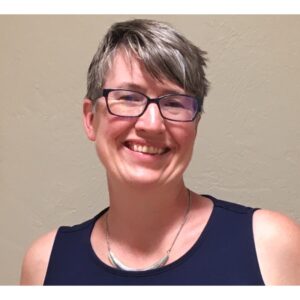
Kristine Lodge has a PhD in English with a concentration in Medieval Literature. She is the founder of IncipitCareer LLC where she provides career coaching to PhDs in higher education to help them land careers they love. She has spent fourteen years in higher education working in university career services offices with a brief interruption to work in recruiting for the non-profit and financial services sectors. Kristi has written on PhD career transition for the Muse and Fast Company. She has also been a guest on the Academics Mean Business and 50 Conversations with Career Changers podcasts.
Literature Trajectory Keynote
Friday, February 19, 2021
Dr. Gwen Kirkpatrick (Georgetown University)
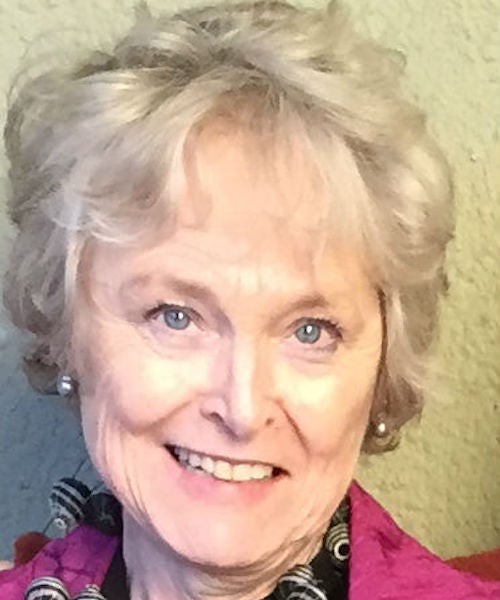
Prof. Gwen Kirkpatrick taught at Georgetown from 2004 to 2020, and previously at. UC Berkeley (1982-2003) and other institutions. Her teaching has focused on many areas of Latin American literature, and many of her publications have focused on poetry, gender studies, and visual culture. She is author, co-author or editor of several books and critical editions, including The Dissonant Legacy of Modernism (trans. Disonancias del modernismo); Women, Culture and Politics in Latin America; Sarmiento: Author of a Nation, etc. Some recent publications include: “Feminism in Latin America 1870-1930,” “Alfonsina Storni and Alejandra Pizarnik,” “Rubén Darío: transatlántico, transpacífico y transcendente,” and “The Lyrical World of the Nineteenth Century.” The Cambridge History of Latin American Women’s Literature. She was especially pleased to publish “Migraciones” in the graduate student journal Plaza Pública in Spring 2020. She serves on the editorial boards of a number of scholarly journals and is the Latin American Editor for a monograph series with Purdue University Press.
A conversation with… Karen Kelsky (author of The Professor Is In)
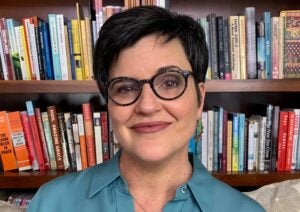
Karen Kelsky is the Founder and CEO of The Professor Is In, which provides advice and consulting services on the academic job search and all elements of the academic and post-academic career. She speaks nationally and internationally on topics related to Ph.D. professionalization, and is a weekly columnist at Chronicle Vitae. As the creator of the Sexual Harassment in the Academy Survey and the #MeTooPhD hashtag, Karen speaks nationally on issues of sexual assault in the academy, with a focus on empowering victims and training people in leadership. She is a former tenured professor and department head at the University of Illinois at Urbana-Champaign and University of Oregon. Her latest book is The Professor Is In: The Essential Guide to Turning Your Ph.D. Into a Job (Random House 2015).